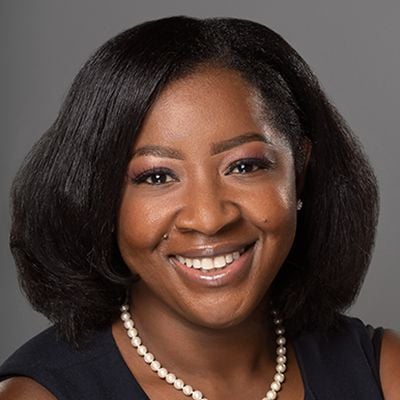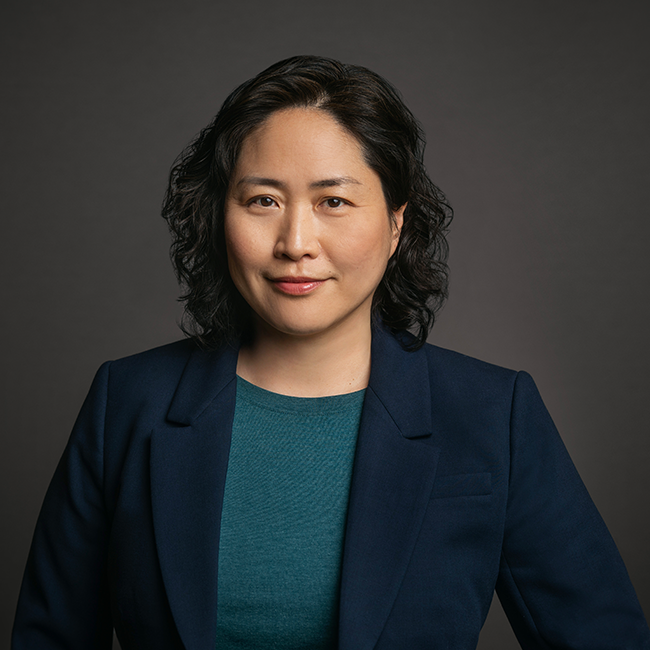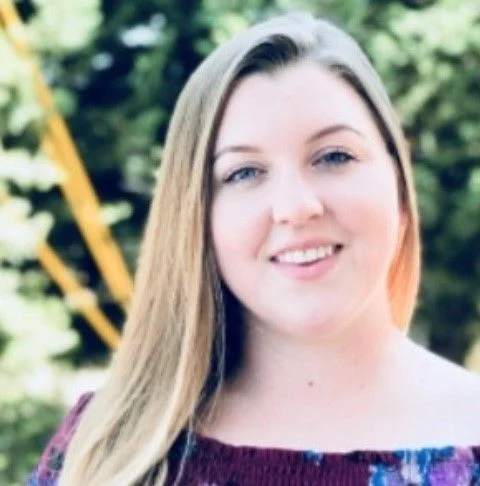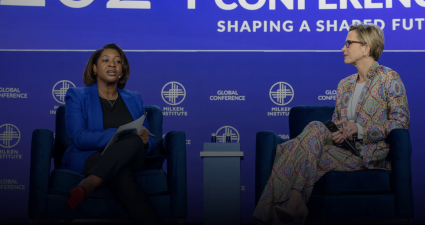
Widening inequities in health are an unfortunate reality worldwide. The trends in the United States are particularly stark. According to the Centers for Medicare & Medicaid Services, despite spending more than $4.5 trillion on health care—the most in the world—many health outcomes are on the decline.
An epidemic of chronic illness is our greatest threat, as The Washington Post reports. Heart disease, cancer, diabetes, liver disease, and obesity are among the primary reasons for poor life expectancy in adults aged 35–64, compared to other high-income countries—and this is despite the tragic deaths related to COVID-19, the opioid crisis, and gun violence.
Data from the Centers for Disease Control and Prevention show that life expectancy in 2022 was 77.5 years, and while that is a modest uptick from 76.4 in 2021, it still does not compensate for the loss of life expectancy years during the pandemic. In 25 percent of US counties, people are dying at a higher rate than 40 years ago, particularly in rural communities in the nation’s interior of the Midwest and the South.
Life expectancy is just one health outcome. Unfortunately, the health burden on communities across the country is also taking an economic toll, including increased poverty, unemployment, inadequate housing, violence, and more. Behind the data are the personal stories of those impacted by these conditions that affect the well-being and ability of individuals, families, and their communities to thrive.
At the same time, we live in the golden era of science and technology. The breakthroughs and rapid pace of innovation in medicines, vaccines, diagnostics, new modalities for care delivery, and the application of technology offer the prospect for boosted life span and quality of life across all communities. For the first time, we can cure diseases like sickle cell, as reported by the New York Times, which we never thought possible. We are also at the cusp of realizing the benefits of technologies like AI to address administrative challenges, improve the accuracy of diagnosis, and increase the speed of developing new medicines.
Critical public health issues have captured the attention of top leaders, according to The Washington Post. But what will it take to move the conversation from awareness to action?
I believe the vital element is partnership. Collaboration across disciplines and sectors is not just good practice—it is essential. The health challenges we face are too large and complex for any person or organization to impact alone.
Government, industry, academia, health-care delivery systems, nonprofits, retail, employers, and more are leading the way in forming new partnerships to address growing domestic and global health needs. The Milken Institute is an active participant in many of these initiatives.
As the executive vice president, Health, Milken Institute, my team takes a multisectoral approach across geographies to surface the best ideas and most promising practices to advance a health system that is innovative, patient-centric, and future-focused and acknowledges the vital relationship among the fields of healthy aging, public health, biomedical science, and food systems.
Here are three lessons Milken Institute Health has learned from successful partnerships:
-
They are inclusive. Impactful partnerships are built with intentionality to seek differing views and perspectives in order to bring together diverse stakeholders to share, listen, and learn from one another.
-
They are rooted in trust. Building trust and demonstrating trustworthiness must be a core value of the partnership.
-
They have a shared vision. Time spent finding common ground on understanding a problem, developing a common language, and solidifying a shared agreement on how to solve the challenge is significant to the foundation of the partnership.
Though cross-sector partners come to the table, at times, with different perspectives on how to close the gaps in health outcomes, we are united by a sense of urgency and a common goal of better health for more people. It is no exaggeration that lives depend on it.

















